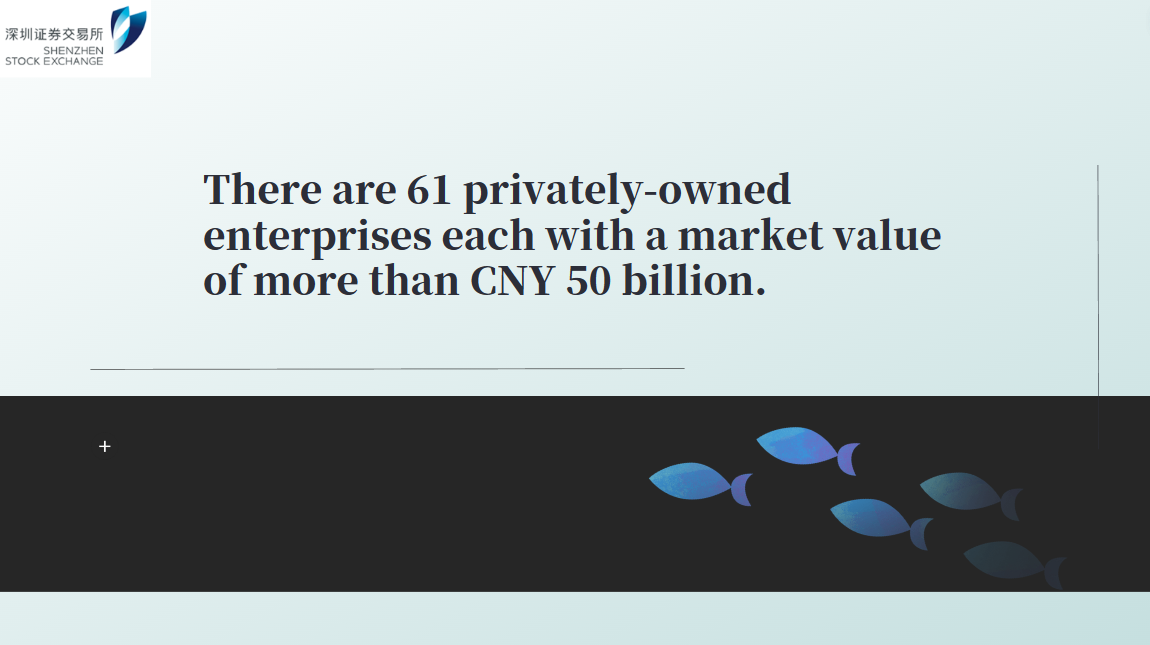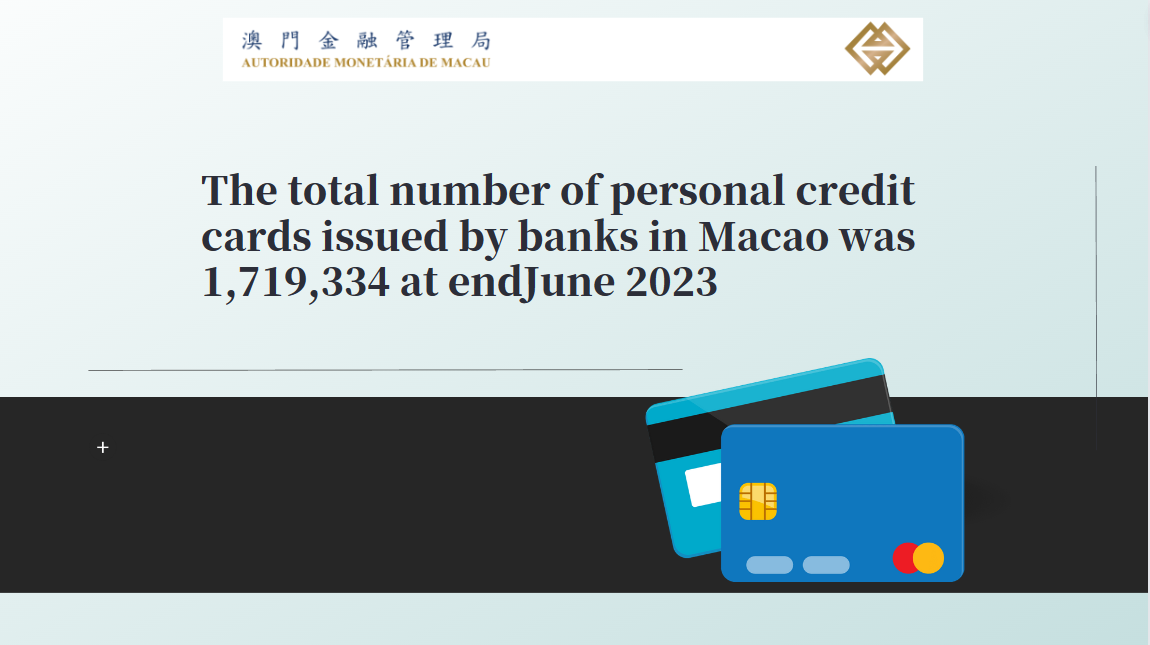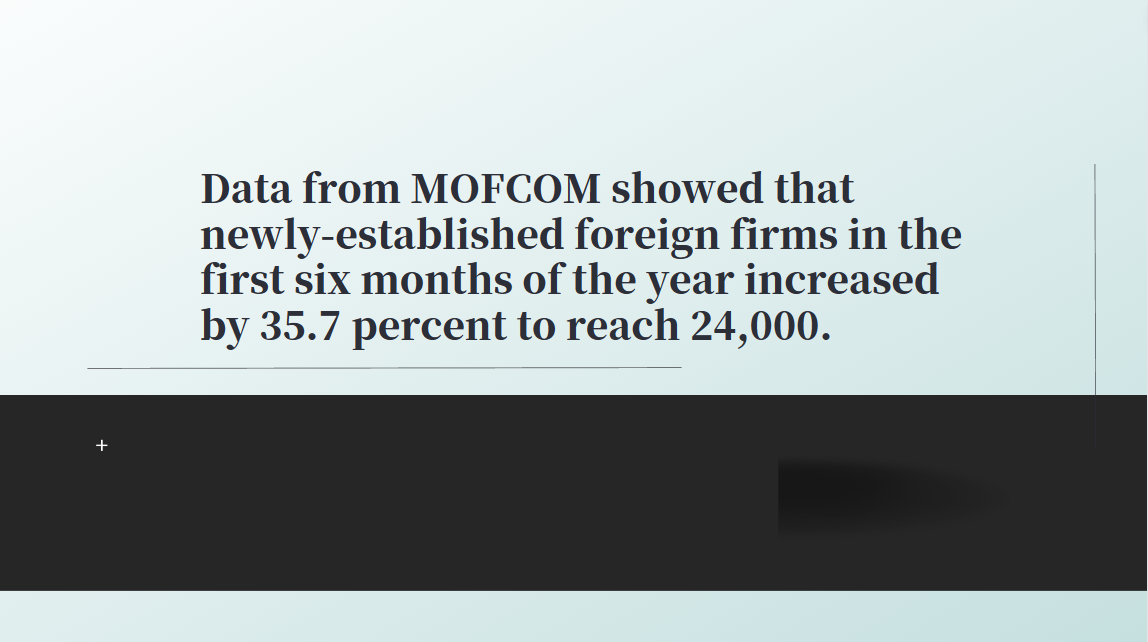China's Digital Economy: Fintech's Robo Advisory Revolution
In this era of the digital economy, China is trying hard to develop fintech which will drive digital transformation in the financial industry. Many financial institutions and the banking industry are now using artificial intelligence (AI), blockchain, big data, and so on, to optimise their business operations. Data from the People's Bank of China (in Chinese only) reveals that, in 2022, the volume of the electronic payment business of mainland banks reached a total of RMB3,110 trillion. The amount accounted for by online payment business was nearly RMB2,530 trillion, making China one of the world's largest fintech markets.
Founded in Hong Kong in 2016, Aqumon is a digital wealth management company with an office in Shenzhen. Through its proprietary “intelligent investment advisor”, Aqumon aims at enhancing the wealth management experience of individual investors while offering digital transformation solutions to corporate clients. It is one of the first robo‑advisory platforms in Hong Kong to be granted a comprehensive licence by the Securities and Futures Commission of Hong Kong, the US Securities and Exchange Commission and the Asset Management Association of China. HKTDC Research recently interviewed Kelvin Lei, CEO and co‑founder of Aqumon, to discuss the current application of intelligent investment in Hong Kong and the business model of Aqumon’s expansion into the mainland.
Improving investment efficiency
Robo‑advisors, or intelligent investment advisors, make use of computer algorithms and big data models to analyse factors such as the goals, habits and risk orientation of investors and then provide them with online financial advice or wealth management services. They also auto‑generate advice on how to allocate a client’s funds and manage investment portfolios.
Using a big data centre, an “Aqumon RaaS” system dedicated to analysing macro market trends, and a leading cloud‑based intelligent investment system it developed independently, Aqumon has introduced an intelligent investment mobile app. Lei explained that the app can provide clients with customised advice to help them manage multiple investment portfolios, saying: “In 2021, we added a personalised investment advisory service called ‘Aqumon Bespoke SmartAdvice’. All a client needs to do is to fill out their personal information on our mobile app, including details of their current investment portfolios, their investment preferences, risk tolerance, etc. After getting the diagnosis of ‘SmartAdvice’, if a client agrees, they can carry out asset reallocation via our app.
“In short, ‘Aqumon Bespoke’ utilises a core‑satellite asset allocation framework to scientifically analyse the investment performance of each client and help them set up a suitable investment strategy to achieve the targeted investment return.”
Raising service standards
Underlining how popular this approach is becoming, Lei said: “In recent years, with the tide of digitalisation and the fact that, after the pandemic, many investors are yearning for an easier and quicker investment experience and a 24/7 wealth management service, electronic financial management platforms have become the major trend of the wealth management sector. So, in the area of B2B business, Aqumon has been developing automated wealth management products and digital transformation solutions for various financial institutions, including securities firms, banks and insurance companies.
“For example, using its exclusive quantitative model to score and rank funds, Aqumon was able to help Huatai International, a securities firm, launch ‘ZhangLe Global’, a one‑stop wealth management platform. It has also built ‘SmartFund’, an electronic tool that combines ‘software as a service’ (SaaS) such as fund screening and investment portfolio simulator to help raise the financial service quality of securities firms and bring new investment experiences to investors.”
Robo v traditional
Lei noted that, compared to traditional investment advisory services, intelligent investment advisors considerably lower the threshold of using professional investment advisory services, saying: “Previously, banks generally charged very high fees for their professional investment advisory services and the investment amounts expected were quite high. So only individual investors with high net worth were eligible for such services. Aqumon’s robo‑advisors, however, use precision mathematical algorithms and AI to offer clients advice on suitable investment portfolios and plans. This has minimised the service costs of account managers and portfolio managers, thus lowering the investment threshold and allowing more investors to benefit from wealth management services. This has made financial investment more affordable.
“The analysis made by our robo‑advisors is based on algorithmic data. So it can offer investors unbiased investment recommendations that are not swayed by human factors. Irrational decisions will therefore not be made as a result of personal emotions such as an investment manager being overly aggressive, too confident of their investment decisions or having a herd mentality. Moreover, our robo‑advisors monitor market fluctuations on a 24/7 basis and help investors make real‑time adjustments.”
Mainland fintech opportunities
Aqumon's business has now expanded into mainland cities in the Guangdong‑Hong Kong‑Macao Greater Bay Area (GBA). For example, it has established a branch company in Shenzhen dedicated to developing algorithms, setting up SmartAdvice systems and rolling out mobile apps for mainland financial institutions. Figures from the statistics bureaus of Pearl River Delta cities show that the economy of the GBA is robust: in 2022, the GBA, with a GDP of approximately US$1.9 trillion (HK$14.8 trillion) and a per capita GDP of US$22,000 (HK$171,600), was one of the city clusters on the mainland with the highest economic aggregate. Pointing to this as one of the main reasons Aqumon was looking to move into the GBA, Lei said: “Since 2017, we have taken note of the rapid growth in economic aggregate in the GBA. Its good financial development prospects make it a key market we should not overlook and the best entry point for us to expand into the mainland market.”
According to Yi Tsai·Hurun Wealth Report 2022 (in Chinese only) published by Hurun Institute, as of early 2022, there were 5.18 million “affluent families” with assets of RMB6 million on the mainland ‑ up 2.1% from the year before. Among these, 1.86 million families have investable wealth of RMB6 million each. Lei believes this is making financial innovations more attractive on the mainland, saying: “The continuous growth in the wealth of mainland residents and the gradual increase in their investment capability have made diversified investment programmes and financial products ever more popular in the market. It is worth noting that, in recent years, the investment attitude of mainland investors has become more rational while demand for personalised and scientific wealth management services has been growing. Thus, the development potential for robo‑advisors on the mainland is huge. Looking ahead, Aqumon will continue to collaborate with different financial institutes to exploit more business opportunities in huge mainland markets such as the Yangtze River Delta and the East China region.”





















































First, please LoginComment After ~